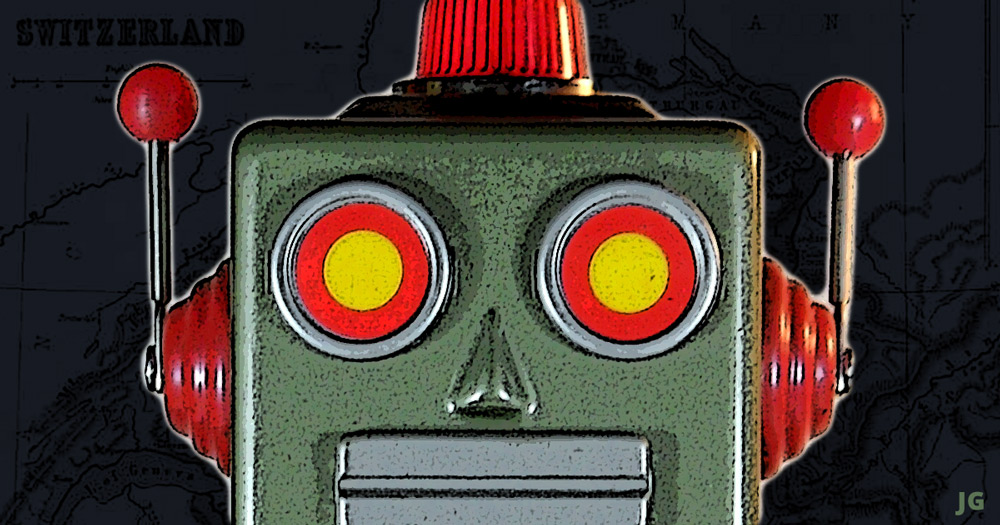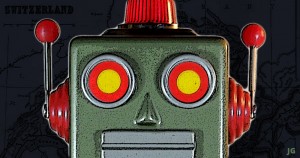This weekend, the Swiss people rejected the idea of a Universal Basic Income (UBI) with a whopping 77 percent against.
That’s the kind of overwhelming result that one finds in America for, say, term limits. And 23 percent, you might notice, is about the percentage of the population in America of hard-core “liberal” progressives, the kind of people usually in support of such measures.
In Switzerland’s case, it was a measure put on the ballot by one group, Bien-CH. But if you are thinking “socialism,” the group insists that that’s the wrong way to think about the plan. UBI is needed, the group’s website says, “to grease the wheels of the capitalist economies” facing a declining need for workers as a result of technological advance.
Yes, UBI is a policy designed to accommodate the coming horde of robots! How? By “increasing demand” by spreading out wealth from the connected-to-tech few to the witless-about-tech many. (How vulgar Keynesian.)
The Swiss government urged a No vote, fearing a need to raise taxes by fifty percent. Quite a hike.
Meanwhile, the notion garners worldwide interest, and even libertarian social scientist Charles Murray promotes this guaranteed income idea (under a different initialism), mostly to streamline the costly bulk of the welfare state.
I’m dubious.
After all, about our latest industrial revolution, in artificial intelligence and in robotics: I say open up labor and entrepreneurial markets from excessive regulation, and allow networking advances to transform capitalism on its own terms, with person-to-person (P2P) cooperation (think AirBnB and Uber and Lyft) and much more.
The best is coming, I bet. If clunky proposals like UBI don’t get in the way.
This is Common Sense. I’m Paul Jacob.




